-

Blind Willow Sleeping Woman
A young man accompanies his cousin to the hospital to check an unusual hearing complaint and recalls a story of a woman put to sleep by tiny flies crawling inside her ear; a mirror appears out of nowhere and a nightwatchman is unnerved as his reflection tries to take control of him; a couple's relationship is unbalanced after dining exclusively on exquisite crab while on holiday; a man follows instructions on the back of a postcard to apply for a job, but an unknown password stands between him and his mysterious employer. In each one of these stories, Murakami sidesteps the real and sprints for the surreal. Everyday events are transcended, leaving the reader dazzled by this master of his craft. "Blind Willow, Sleeping Woman" is Murakami's most eclectic collection of stories to date, spanning five years of his writing. An introduction explains the diversity of the author's choice. -
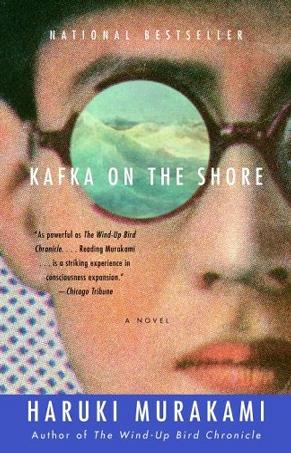
Kafka on the Shore
Kafka on the Shore is powered by two remarkable characters: a teenage boy, Kafka Tamura, who runs away from home either to escape a gruesome oedipal prophecy or to search for his long-missing mother and sister; and an aging simpleton called Nakata, who never recovered from a wartime affliction and now is drawn toward Kafka for reasons that, like the most basic activities of daily life, he cannot fathom. As their paths converge, and the reasons for that convergence become clear, Haruki Murakami enfolds readers in a world where cats talk, fish fall from the sky, and spirits slip out of their bodies to make love or commit murder. Kafka on the Shore displays one of the world’s great storytellers at the peak of his powers. -
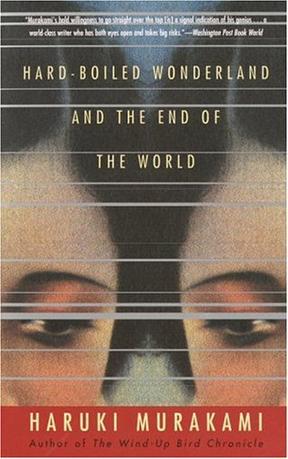
Hard-Boiled Wonderland and the End of the World
Japan's most widely-read and controversial writer, author of A Wild Sheep Chase, hurtles into the consciousness of the West with this narrative about a split-brained data processor, a deranged scientist, his shockingly undemure granddaughter, and various thugs, librarians, and subterranean monsters--not to mention Bob Dylan and Lauren Bacall. -
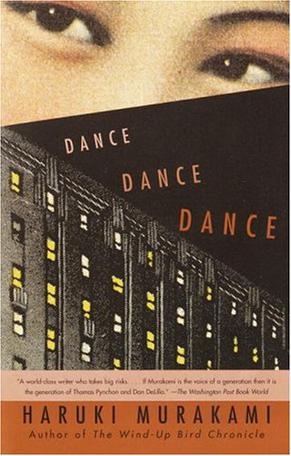
Dance Dance Dance
This wildly propulsive novel by the acclaimed author of A Wild Sheep Chase focuses on a man searching for a former lover who vanished mysteriously from a seedy hotel. But each new clue to Kiki's whereabouts leads him deeper into a labryrinth of physical violence and metaphysical dread. "A world-class writer."--Washington Post Book World -
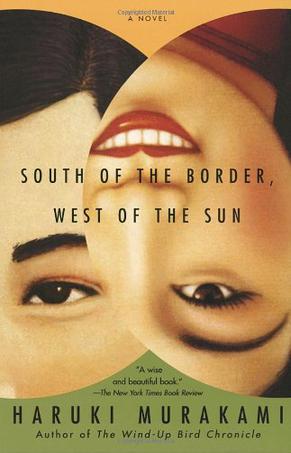
South of the Border, West of the Sun
In South of the Border, West of the Sun , the simple arc of a man's life--with its attendant rhythms of success and disappointment--becomes the exquisite literary terrain of Haruki Murakami's most haunting work. Born in 1951 in an affluent Tokyo suburb, Hajime-- beginning in Japanese--has arrived at middle age wanting for almost nothing. The postwar years have brought him a fine marriage, two daughters, and an enviable career as the proprietor of two jazz clubs. Yet a nagging sense of inauthenticity about his success threatens Hajime's happiness. And a boyhood memory of a wise, lonely girl named Shimamoto clouds his heart. When Shimamoto shows up one rainy night, now a breathtaking beauty with a secret from which she is unable to escape, the fault lines of doubt in Hajime's quotidian existence begin to give way. And the details of stolen moments past and present--a Nat King Cole melody, a face pressed against a window, a handful of ashes drifting downriver to the sea--threaten to undo him completely. Rich, mysterious, quietly dazzling, South of the Border, West of the Sun is Haruki Murakami's wisest and most compelling fiction. -
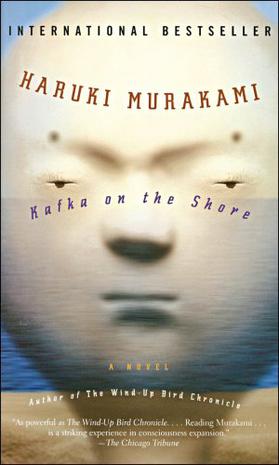
Kafka on the Shore
《村上春树:海边的卡夫卡》为英文版:The opening pages of a Haruki Murakami novel can be like the view out an airplane window onto tarmac. But at some point between page three and fifteen——it's page thirteen in Kafka On The Shore——the deceptively placid narrative lifts off, and you find yourself breaking through clouds at a tilt, no longer certain where the plane is headed or if the laws of flight even apply. Joining the rich literature of runaways, Kafka On The Shore follows the solitary, self-disciplined schoolboy Kafka Tamura as he hops a bus from Tokyo to the randomly chosen town of Takamatsu, reminding himself at each step that he has to be "the world1s toughest fifteen-year-old." He finds a secluded private library in which to spend his days——continuing his impressive self-education——and is befriended by a transgendered clerk and the mysteriously remote head librarian, Miss Saeki, whom he fantasizes may be his long-lost mother. Meanwhile, in a second, wilder narrative spiral, an elderly Tokyo man named Nakata veers from his calm routine by murdering a stranger. An unforgettable character, beautifully delineated by Murakami, Nakata can speak with cats but cannot read or write, nor explain the forces drawing him toward Takamatsu and the other characters.